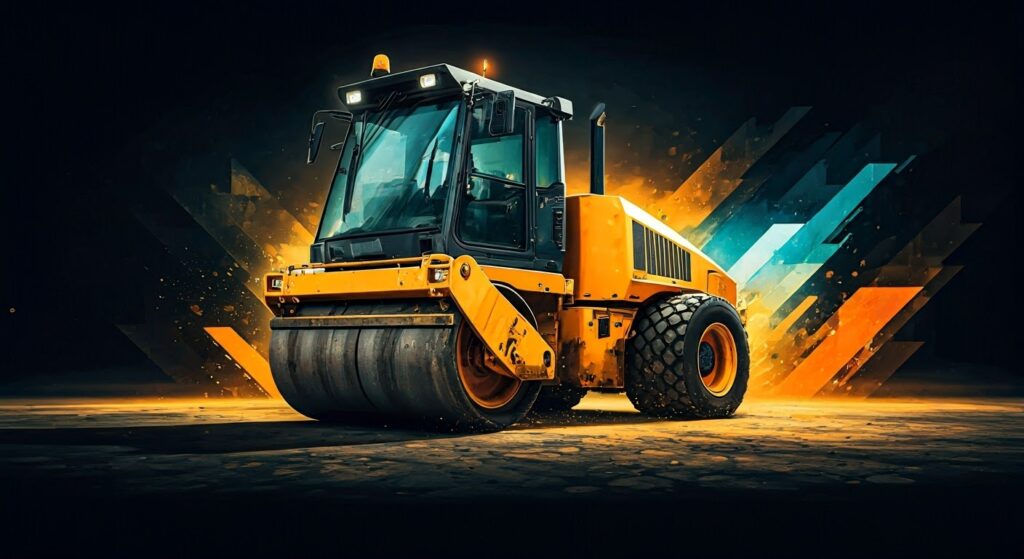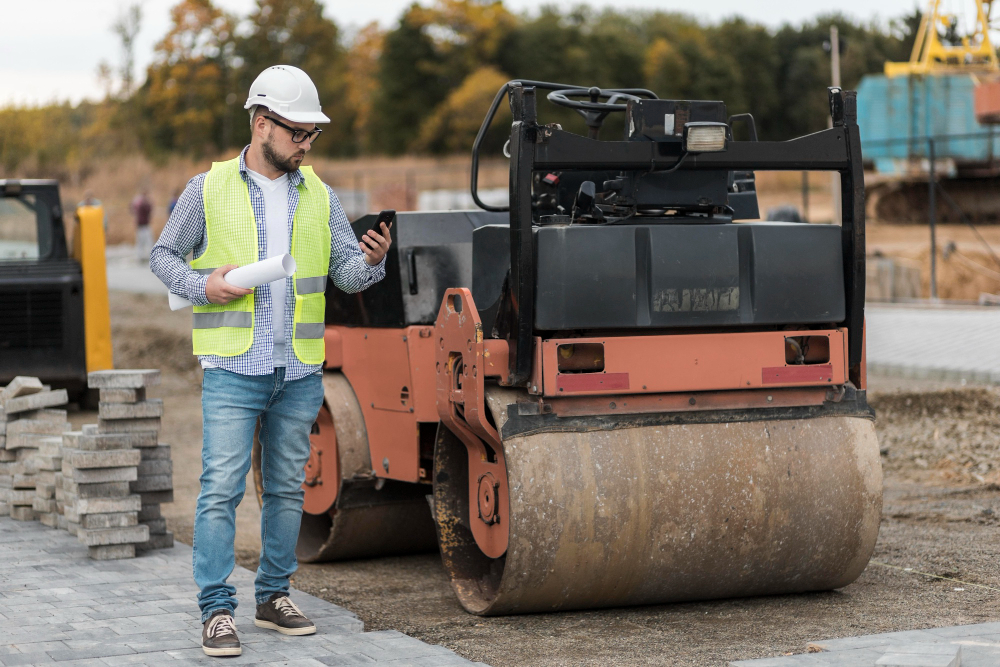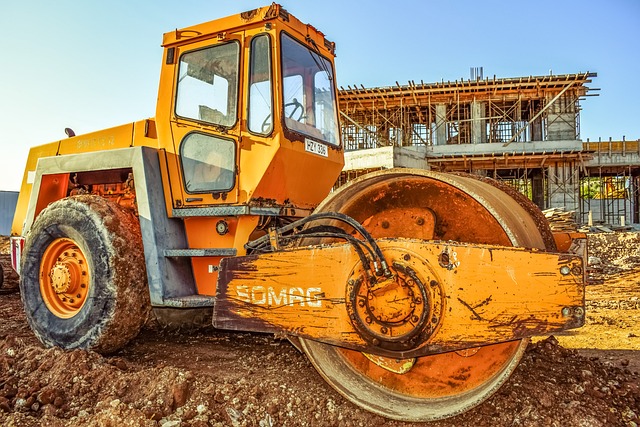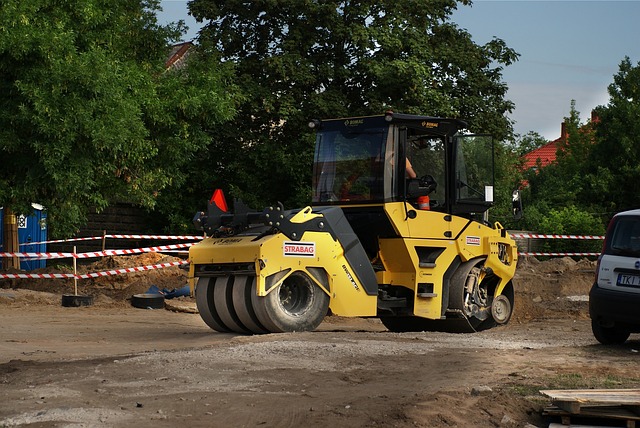What Is a Roller Compactor Used For? Applications, Benefits, and Limitations
What Is A Roller Compactor Used For? Roller compactors are heavy-duty machines that play a pivotal role in construction, agriculture, and material processing. Known for their ability to compress soil, asphalt, and other materials, these machines ensure stability and durability in infrastructure projects. But what exactly are they used for, and how do they work? In this guide, we’ll break down the primary applications of roller compactors, their advantages, limitations, and even explore niche uses you might not expect.
Understanding Roller Compactors: The Basics
A roller compactor, also called a road roller or compaction roller, is engineered to reduce air voids in materials like soil, gravel, asphalt, or waste by applying mechanical force. By compressing layers of material, it enhances load-bearing capacity and prevents future settling or erosion.
Key Components:
- Drum: A heavy steel cylinder (smooth or vibratory) that applies pressure.
- Engine: Powers the drum and mobility.
- Operator Cabin: Houses controls for precision operation.
- Water Tank: Used in asphalt compaction to prevent sticking.
Top 8 Uses of Roller Compactors Across Industries
1. Road Construction and Asphalt Paving
Roller compactors are synonymous with roadwork. They compress asphalt layers to create smooth, durable surfaces. Without proper compaction, roads develop cracks, potholes, or uneven wear.
- Process:
- A paver lays hot asphalt.
- A vibratory roller compacts it to 92–98% density.
- A static roller finishes the surface.
Pro Tip: Over-compacting asphalt can crush aggregate, while under-compacting leads to premature deterioration.
2. Soil Compaction for Foundations
Before constructing buildings, bridges, or runways, soil must be stabilized. Roller compactors compress subsoil to eliminate air pockets, ensuring a solid base.
- Ideal For:
- Residential foundations.
- Industrial warehouse floors.
- Airport runways.
Case Study: The Panama Canal expansion used heavy-duty rollers to stabilize soil for lock walls, preventing shifts in high-moisture conditions.
3. Landfill Management
In landfills, roller compactors compress waste to maximize space and reduce odor. They also create a barrier to prevent toxic leaks.
- Specialized Models:
- Landfill Compactors: Equipped with spiked drums to shred and compact garbage.
- Daily Cover: Machines spread and compact soil over waste to contain debris.
4. Agricultural Land Preparation
Farmers use compactors to prepare fields for planting. Compressed soil retains moisture better and prevents machinery from sinking.
- Applications:
- Compacting seedbeds for uniform crop growth.
- Stabilizing soil in vineyards to support trellises.
5. Railway Track Bed Compaction
Railroad ballast (crushed stone under tracks) requires compaction to absorb train vibrations. Roller compactors ensure tracks remain level and safe.
Safety Fact: Poorly compacted ballast can cause derailments due to track misalignment.
6. Mining and Quarry Operations
In mining, compactors compress gravel, sand, or ore for efficient transport. They’re also used to create stable access roads for heavy trucks.
7. Sports Field Maintenance
From soccer pitches to golf courses, roller compactors level turf and compact soil for even playing surfaces.
Example: Wimbledon’s grass courts are rolled daily during tournaments to maintain firmness.
8. Pharmaceutical and Powder Processing
In a surprising twist, pharmaceutical roller compactors compress powdered drugs into tablets or granules. This ensures consistent dosage and shelf stability.
Types of Roller Compactors and Their Uses
| Type | Best For | Unique Feature |
|---|---|---|
| Smooth Wheel Roller | Asphalt, fine-grained soils | Static pressure for smooth finishes |
| Padfoot Roller | Clay, cohesive soils | Lugged drum for deep compaction |
| Vibratory Roller | Granular soils, landfills | Vibrations enhance density |
| Pneumatic Roller | Gravel, mixed soils | Rubber tires adjust pressure |
| Walk-Behind Roller | Small projects, trenches | Lightweight, manual operation |
Advantages of Roller Compactors
- Efficiency: Reduces manual labor and project timelines.
- Versatility: Adapts to soil, asphalt, or waste.
- Cost Savings: Prevents future repairs from poor compaction.
- Eco-Friendly: Recycled asphalt and soil reuse minimize waste.
Limitations and Safety Risks
- Terrain Restrictions: Struggles on steep slopes or rocky surfaces.
- Operator Skill Required: Over-vibration or incorrect passes cause uneven results.
- Maintenance Costs: Diesel engines and hydraulic systems require frequent servicing.
- Noise Pollution: Vibratory rollers exceed 85 dB, requiring hearing protection.
OSHA Guidelines: Operators must wear seat belts, avoid loose clothing, and inspect equipment daily.
How to Choose the Right Roller Compactor
- Project Scope: Small sites benefit from walk-behind models; large sites need ride-on rollers.
- Soil Type: Cohesive soils require padfoot drums; granular soils need vibratory force.
- Budget: Rent for short-term projects; buy for long-term use.
Future Trends: Smart Roller Compactors
Modern compactors integrate GPS and IoT sensors to:
- Map compaction density in real time.
- Alert operators to weak spots.
- Reduce fuel use via automated adjustments.
Industry Insight: Companies like Caterpillar and Bomag are piloting autonomous rollers for 24/7 operations.
Conclusion: The Unsung Hero of Infrastructure
From highways to pharmacies, roller compactors are indispensable for creating stable, long-lasting structures. While they require skilled operation and maintenance, their benefits far outweigh limitations. Always consult engineering specs and conduct soil tests to optimize compaction results.

